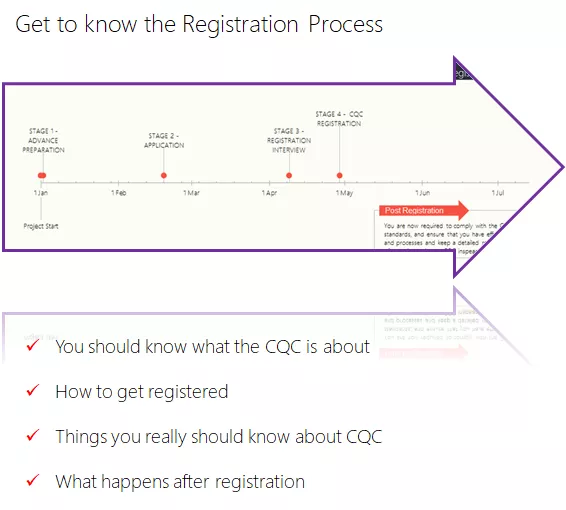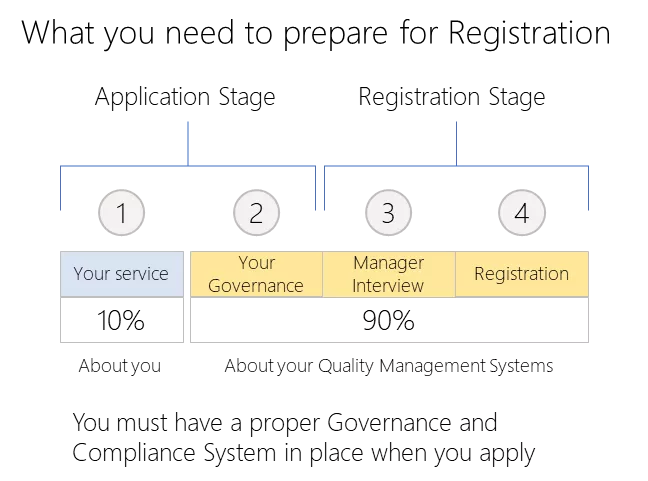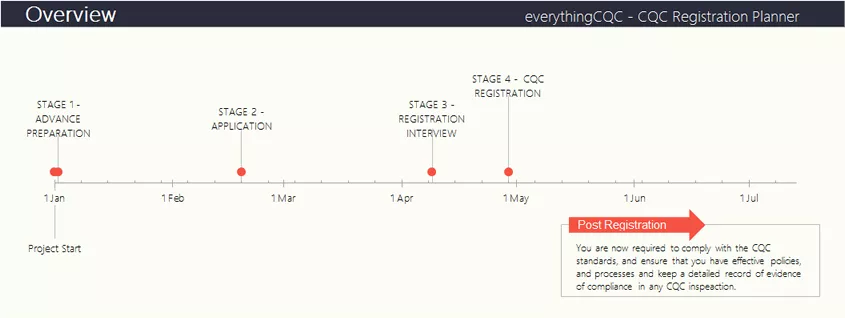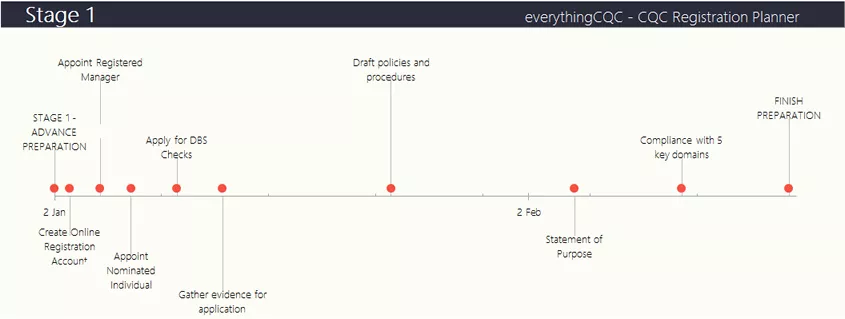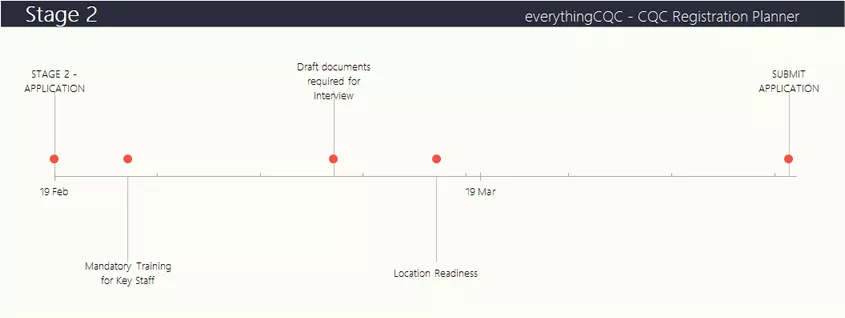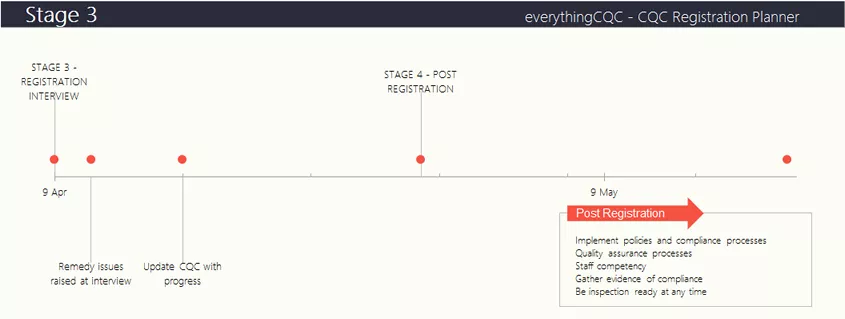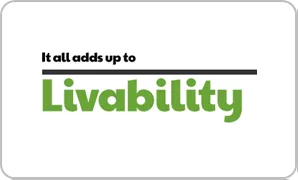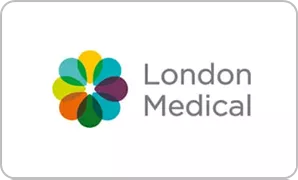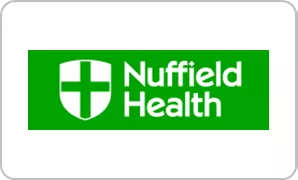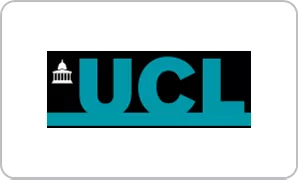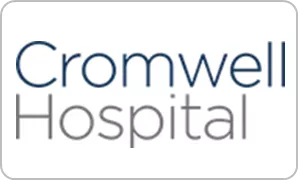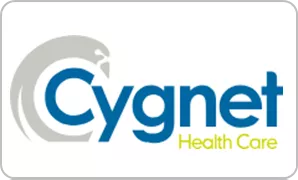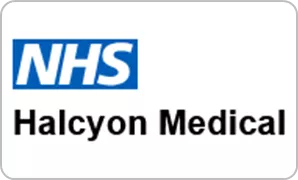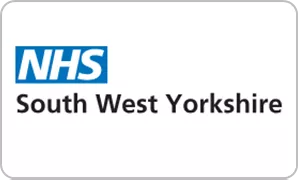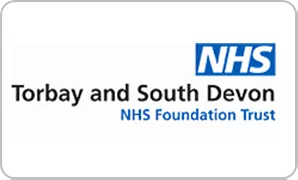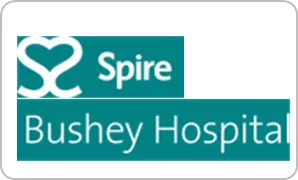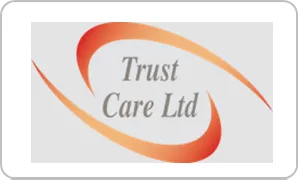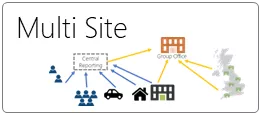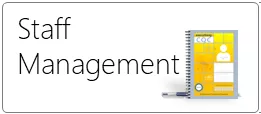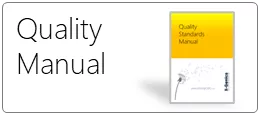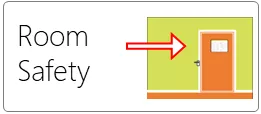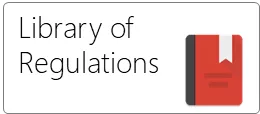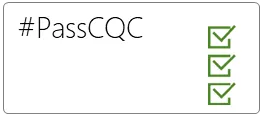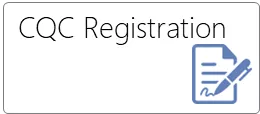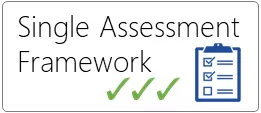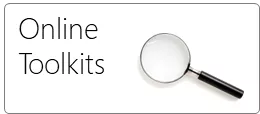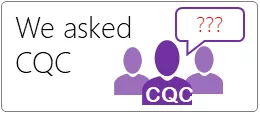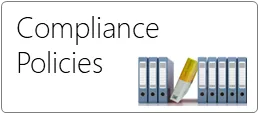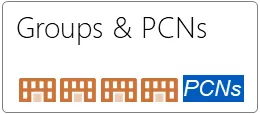Changes to your CQC registration
You must inform CQC when:
- The person who manages or carries on the service changes
- There is a change to the registered details of the service and any individual, partnership or organisation who manage or carry it on
- The registered person becomes financially insolvent
- The service closes
You can notify the CQC by logging into your CQC online portal. To access your account CLICK HERE
As a provider or registered manager, this will enable you to view and change your registration details, such as:
- add regulated activities to your registration.
- change your contact details.
- apply to be a registered manager.
- notify the CQC of events and incidents at your practice e.g. Death of a person using the service or abuse or allegations of abuse.
How do I apply for a change of Registered Manager
If there is a change of Registered Manager at your organisation you need to inform the CQC of this as soon as you are aware of this.
For example, if the Registered Manager is retiring or leaving the organisation you should be making provisions for a takeover of the responsibilities a few months prior to the event. In the event that you have to have a change of a Registered Manager due to unforeseen circumstances you should notify the CQC as soon after the event as possible.
To do so you need to:
- Fill out the Changes to a provider's or manager's registered details form and email a copy to
This email address is being protected from spambots. You need JavaScript enabled to view it. . You can also notify the CQC by logging into your CQC online portal. To access your account CLICK HERE - The registered manager will need to undergo a CQC countersigned DBS check before they will be accepted by the CQC. (GMC numbers in lieu of a CQC countersigned DBS check is no longer accepted.) Click here to find out more.
What can the CQC do if a provider does not meet the required standards?
The CQC have a range of powers that they can use to enforce compliance. For example:
- Issue a warning notice, asking for improvements within a short period of time.
- Restrict the services that the care provider can offer.
- Restrict admissions to the service
- Issue a fixed penalty notice
- Suspend the care provider's registration.
- Cancel the care provider's registration.
- Prosecute the care provider.
The CQC work with local authorities, regulators and agencies, and sometimes the police, to make sure the necessary action is taken.
Do I have to register every year?
No – you only have to register once, but you'll need to keep your registration up to date
This means that you will have to inform the CQC of any changes e.g. change of registered manager or changes to the services you provide, etc.
And of course, remain compliant with the outcomes.
To register all I need to do is fill out an application form?
The application form is exactly as it says, "your application for registration" and this is just the beginning of the process.
Your application may well be rejected if you do not meet the requirements, or delayed if the CQC feels they need further information. The application requires you to make a declaration that you are fully compliant at the time of this application, and NOT that you will be compliant at the time of the registration visit or interview.
If you fail to meet all the requirements, you will have to support this with a detailed action plan of how and when you expect to be fully compliant. It is clearly easier to just get compliant in the first place.
What this means is that there is a fair amount of work you have to do to get your affairs in order BEFORE you make the application.
Can I still register if I don't comply?
Yes, you should be able to.
When you fill in your registration application, the CQC will ask you to tell them why you don't comply, how you're managing the risks posed to patients and when you will become compliant.
They'll only refuse registration if they think patients are being put at risk. However to avoid delays in your registration we recommend that you apply when you are compliant.
![]() CQC Action Plan Template (when declaring non-compliance for an outcome)
CQC Action Plan Template (when declaring non-compliance for an outcome)
Do we have to change all our polices to comply with CQC?
Most good practices will have a competent range of policies to start with and there should be no need to revise these.
The CQC regulations do not focus on having the "ultimate collection" of policies, but rather on how effectively you put them to practice and the level of evidence you have to prove this to an independent auditor. Your focus should be more on the day to day process and evidence of compliance and good practice.
Are CQC and QOF the same?
We hear suggestions that CQC is no different from QOF, perhaps with a couple of more items on the list. This is absolutely incorrect. Whilst there is an overlap on some administrative compliance requirements, QOF predominantly concentrates on clinical performance whereas the CQC requirements cover the overall performance of the organisation, focusing more on the safety aspects and patient facing aspects of your delivery.
It is true to say that QOF clinical governance and performance is one aspect of quality that a CQC inspector may look at, but it is only a part of the overall examination.
What if I am not compliant?
This is not a black and white issue of being compliant or not compliant.
The CQC will take a very reasonable approach based on the degree of seriousness of your failure and potential harm to the public. In most cases, they will also give you an opportunity to fix things but unlike the old relatively relaxed days under PCTs, they will give you a time frame within which you have to fix this, and visit your practice to check up on all this.
After registration, if you persistently fail in the standards, they can impose fines from £300 to £50,000; suspend trading until you fix things; close you down, and in serious cases prosecute you as well.
What if I don't register?
Not Registering
This is now a regulated business, which means that to trade as a practice you have to abide by the new regulations. As a first step, anyone wishing to practice must now register with the CQC and confirm that they are compliant with all the requirements and will continue to be so from here on.
Trading without registration is an offence. In plain English, this means you will be committing a criminal offence and liable to hefty fines of up to £50,000 and prosecution and possibly a stretch at Her Majesty's pleasure. Don't even think about it!
Section 10(1) of the Act dictates a fine of £4,000 for "Carrying on a regulated activity without being registered"
CQC prosecutes cosmetic surgery company for failure to register 4 May 2012
A company providing cosmetic surgery treatment at independent clinics in Wakefield and London without being properly registered has been ordered to pay a fine of £40,000 by magistrates in Wakefield.
The Care Quality Commission brought the prosecution against The Northern Clinic.com Limited who had been carrying out a surgical liposuction procedure known as "Body Tite" fat removal treatment, at clinics at Homestead Drive, Alverthorpe Road, Wakefield and at Hannah House, 11-16 Manchester Street, London.
On Tuesday 2 May at Wakefield Magistrates' Court, the company pleaded guilty to two offences of carrying on a regulated activity without being registered to do so.
Inspectors visited the clinic at Wakefield unannounced in February 2011 after receiving information from a member of the public. Further inspections of both the Wakefield and London clinics confirmed that at both locations the company was carrying out liposuction procedures even though the company was not registered with CQC, as required by law.
Can they shut me down?
Several enquirers have commented that they could not see how the CQC could possibly close down a practice. "How can they stop me trading? Are you telling me that they will physically board up my front door?" The CQC's job is to protect the public and they would only use sanctions where they feel it necessary.
If they suspended your trading licence or asked you to close down, they will have good reasons for this, most likely because they believe that you are in effect a danger to the public. Make no mistake, they have the powers of enforcement.
If you continue to trade in defiance then although the inspectors might not actually come to nail boards to your door, putting offenders behind bars is equally effective.
Do I need to hire a consultant to take me through the registration process?
The simple answer is No but maybe.
The actual CQC registration process is relatively straight forward, and you can get though it without any outside help. However the CQC expect you to have a full Quality Management System in place before you even start, and drafting this can be very time consuming and daunting for anyone new to the process.
Documents you have to produce:-
- How will you comply with the 5 Key Domains
- A Governance Document
- A Quality Management Statement
- A Safeguarding Policy Statement
Drafting these will take several days, and if you don't already have a system in mind, you will likely start by purchasing policies from a supplier and reading through them to produce the above documents. Once you start trading, you will be expected to explain all of the above to your staff as part of their training
Can I say I am compliant and catch up with it later
It is more common than most would like to admit that practice managers often declare that they are complaint when in fact they are not, but hope to catch up afterwards when they have the time. A classic example is the end of the year QOF compliance and issues such as IG Toolkit and staff appraisals. Labelled as "just a little white lie" this used to have little or no consequences, mostly because no one really came to check.
Not anymore!
In most cases, it is most likely that the practice manager will have done the preparation but it will be the GP partner who will have to sign the declaration to the CQC. This is where you have to exercise care:-
- Will the GP check everything for full compliance before signing the declaration?
- Will most GPs who have not taken an interest in the managers work in the past, know what they are looking for?
- What if shortcuts have been taken and the GP is unaware of these?
- What if the GP signs the declaration and finds out later that the practice is not compliant and all facts were not disclosed at the time of registration?
The Registration document is a formal declaration of compliance.
A false declaration is a serious criminal offence and not a minor white lie ..... this is the official CQC position.
Who should be the registered manager?
For CQC, a Registered Manager is the person registered with the CQC to be in day-to-day management of one or more regulated activities. The registered manager takes on special responsibilities and has a legal role in enabling and monitoring compliance with essential standards across your regulated activities.
If you are a practice manager who agrees to be the registered manager as well, your role will change from just administrative to that of being legally responsible for compliance. What this means is that if there are serious failures, you can be held responsible, fined and even prosecuted.
The BMA guidelines suggest that:-
" ..... we believe that for most providers it will be appropriate for a partner to be the registered manager, although in some cases you may decide that it is more appropriate for a practice manager to take this role. The registered manager role should certainly not be viewed simply as an administrative management role, due to the legal responsibilities involved."
As a partner you need to have a better understanding of operational issues and how everything works, or at least have good systems that make you aware of alerts and what outcomes are being achieved.
Do all my staff need a DBS check?
The CQC do not require staff other than the Registered Manager to have a CQC countersigned DBS (formerly CRB) check for purposes of CQC registration.
But whilst it is not a CQC requirement, the NHS Employment Check Standards recommends that general practices ensure that they carry out appropriate DBS checks on all applicants for any position within their practice that qualifies for such a check. This should include health visitors, nursing staff and so on.
CLICK HERE to find out more
I am registered with the GMC. Do I require a standard DBS?
From 1 April 2013, all GP providers and registered managers that make an application to register with the CQC must have a CQC-countersigned DBS check. GMC numbers in lieu of a CQC-countersigned DBS check is no longer accepted.
Also note that Nominated individuals (usually a Practice Manager) do not need a CQC-countersigned DBS check. Providers must, however, carry out their own DBS checks on all their nominated individuals and may be asked to supply evidence of these
Can I contact the CQC for help and advice?
Yes you can contact the CQC directly for help and advice.
The National Customer Service Centre
(Opening hours are Monday to Friday, between 8.30am and 5:30pm)
Phone: 03000 616161
Fax: 03000 616171
Email:
Address:
CQC National Customer Service Centre
Citygate
Gallowgate
Newcastle upon Tyne
NE1 4PA

